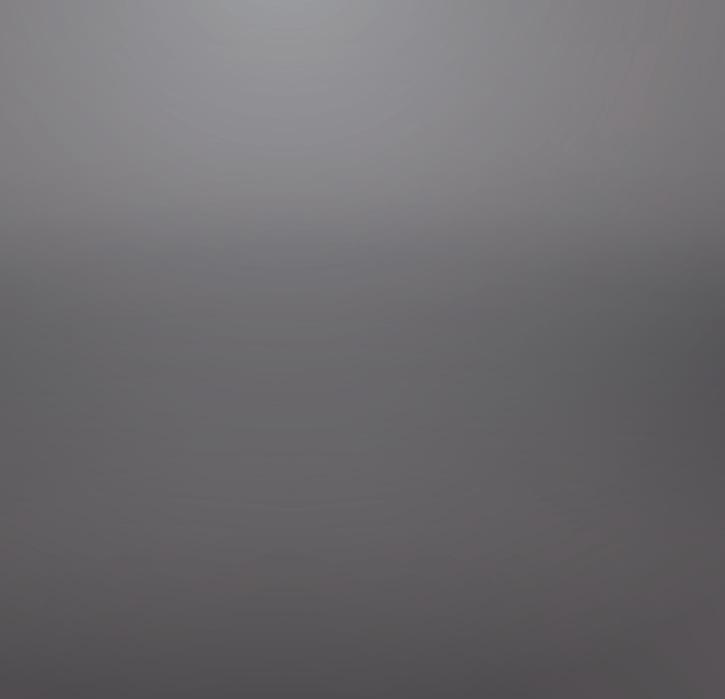
1 minute read
Can dietary shifts help THE AGRICULTURAL INDUSTRY CREATE A SUSTAINABLE FOOD FUTURE?
Can dietary shifts help the agricultural industry create a sustainable food future?

Advertisement
Much has been made of the rising global population and the effects that the increase will have on the planet. Though estimates regarding the global population by 2050 vary considerably, the World Resources Institute notes that finding ways to sustainably feed what could be an additional two to three billion people pose a number of challenges for the agricultural sector. One such challenge is meeting those demands while lowering emissions. The WRI notes that shifting to healthier, more sustainable diets could be part of the solution to that problem.
According to the WRI, consumption of beef, lamb and goat is projected to rise by 88 percent between 2010 and 2050. Beef is the most commonly consumed ruminant meat, and that could pose a problem as the global population expands rapidly between now and 2050. That’s because beef is the most resource-intensive ruminant meat to produce. Beef requires 20 times more land and emits 20 times as many greenhouse gases per gram or edible protein compared to plant proteins like lentils, beans and peas. Shifting to diets relying on plant-based proteins, including lentils, beans and peas, could help to dramatically reduce greenhouse gas emissions and reduce the need for more agricultural land. The WRI asserts that preventing the expansion of agricultural land could help save more lands for forests, which can play an important role in combatting climate change as the 21st century progresses.


















A widespread shift to a plant-based diet is unlikely to happen overnight, but there are steps the agricultural sector and governments working in partnership can take to promote such a shift. The WRI recommends actions to improve the marketing of plant-based foods and efforts to improve meat substitutes, which are already readily available at many grocery stores. Policies that favor consumption of plant-based foods is another step governments can take as they work toward creating a sustainable food future for a global population that figures to expand considerably between 2023 and 2050.











